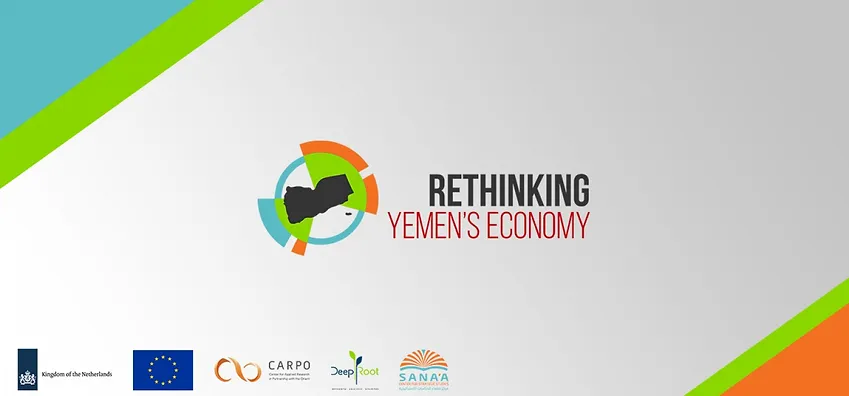Poor electricity services remain a key barrier to sustainable economic development in Yemen, exacerbated by the ongoing conflict and related damages to the electricity sector’s infrastructure.
Given Yemen’s high average hours of annual daily sunshine and its significant level of solar irradiation, solar energy is a viable and cost-effective alternative to the currently prevalent fossil fuel-based electricity supply.
This brief provides an introduction to electricity provision in Yemen and explores the viability of specific solar energy applications for Yemen’s fragile context. It further considers the feasibility of partnering with the private sector in the solar energy sector, and finally presents recommendations and practical steps to address challenges to scaling-up investments in this sector in Yemen. It argues that a paradigm shift is needed to address the energy crisis in Yemen and kickstart meaningful economic activity: from an exclusive focus on large, fossil fuel-based, centralised power generation plants to a stronger prioritisation on smaller, distributed renewable power generation plants that could provide jobs and livelihoods to Yemenis; from centralised planning and implementation to empowerment of local authorities and local Public Electricity Corporation branches to lead in this sector; from an overemphasis on supporting small stand-alone solar systems delivered by international non-governmental organisations and development agencies to a stronger prioritisation on innovative financing models and market-creating interventions supporting the sustainability of the sector at scale.
